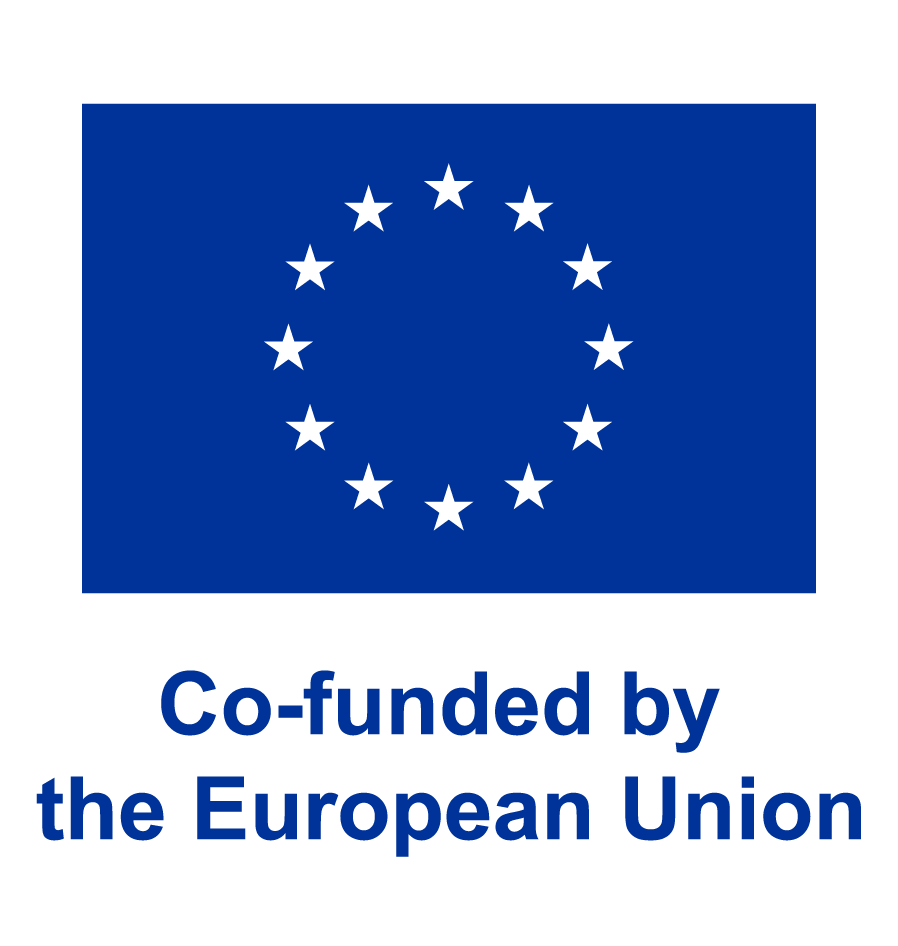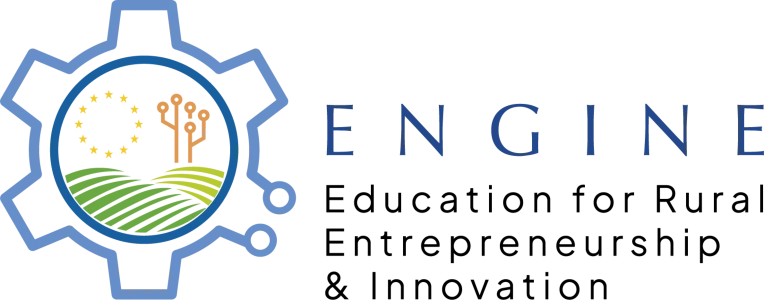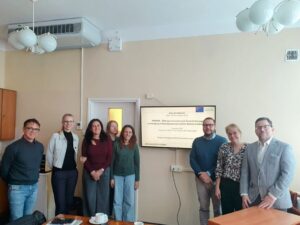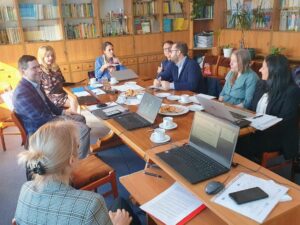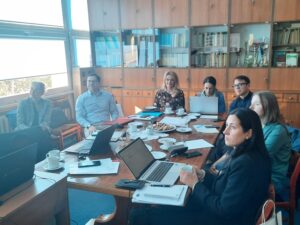On 24-25 October 2024, the Department of Economic Policy and Development Programming of Krakow University of Economics hosted the kick-off meeting of consortium partners implementing the international research and education project ENGINE – ENtrepreneurial rural Growth through exchanging of Good practices wIthIn Network Education. The project is funded by the Erasmus+ programme under Action 2 – Cooperation Partnerships (KA220-HED) and will run until 30 September 2027.
The ENGINE project is carried out in cooperation with partners coming from four European Union countries, representing universities and the non-profit sector. In addition to the Krakow University of Economics, which is the project leader, the consortium includes:
FH Münster University of Applied Sciences (Germany)
Università degli Studi di Foggia (Italy)
Instituto Politécnico de Viana do Castelo (Portugal)
Institute of Entrepreneurship Development (Greece).

In its conception, the ENGINE Project aims to support the entrepreneurial growth of rural areas through the development and implementation of network educational tools for the training of rural leaders in the European Union – based on the exchange of good practices and educational content, thus improving the European higher education space in a digital, cross-sectoral and inclusive dimension.
The project will thus equip students – future rural leaders – with the knowledge, practical skills, and competencies necessary to create innovative enterprises and stimulate sustainable rural development. By creating modernized and standardized educational content, it will also contribute to stimulating innovative teaching and learning practices. By connecting European universities and institutions involved in education, entrepreneurship, and innovation, as well as various rural stakeholders, ENGINE will synthesize different perspectives and experiences to develop a more effective approach to entrepreneurship and innovation education in rural areas.
Activities undertaken within the ENGINE project in the four regions where the partner universities are located will include:
- Diagnosis of the specific development potential of rural areas and the possibilities of its innovative use in rural enterprises, but also in other types of initiatives (e.g., social),
- Assessment of the extent to which current university programs in entrepreneurship and innovation provide knowledge, skills, and competencies useful for exploiting the identified potential of rural areas, along with identifying gaps in this area,
- Design of a dedicated educational tool – EDUPACK – which will serve to fill the identified skills gap, thus supporting the education of future entrepreneurship leaders in rural areas,
- Inclusion of the jointly developed EDUPACK tool in university curricula.
The joint implementation of the project will lead to a greater understanding of the diverse contexts of rural development across European regions. Such cross-border collaboration will enable more in-depth research and analysis, resulting in innovative solutions that can be applied in various rural contexts. The wide applicability of the project outcomes will allow other European universities to review their E&I curricula, identify gaps in knowledge, skill and competencies, and integrate the EDUPACK tool into their teaching practices.
